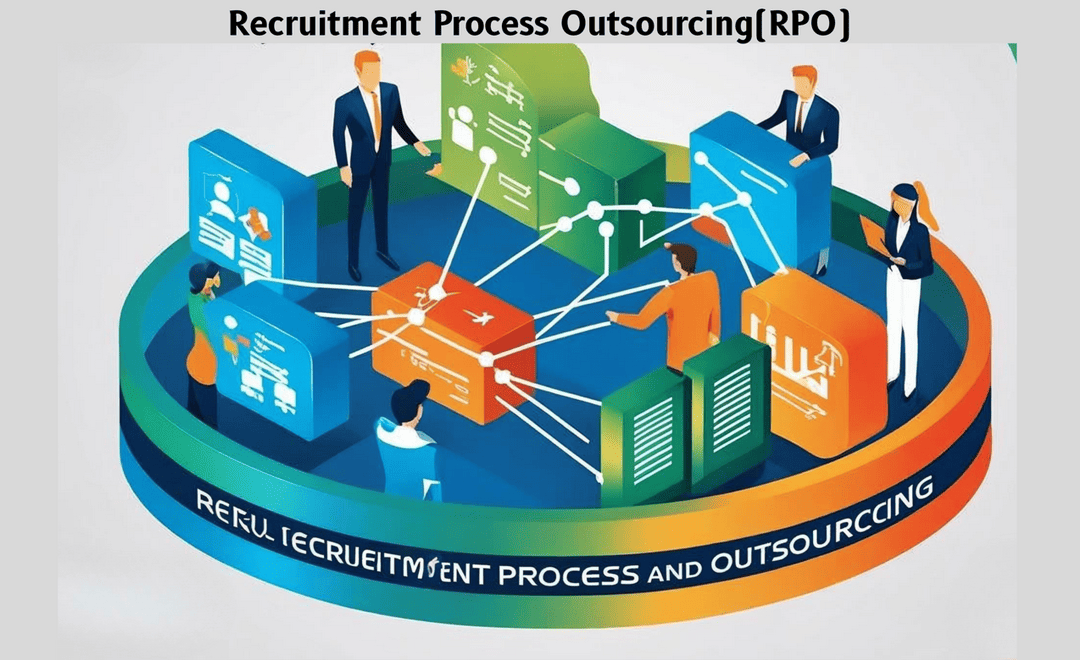Forward-thinking companies are no longer battling hiring challenges alone. They’re turning to a smarter, faster, and more strategic model—Recruitment Process Outsourcing (RPO)—that’s reshaping how organizations find and secure top talent.
But RPO isn’t just about outsourcing. It’s about future-proofing your recruitment strategy with technology, scalability, and expertise you simply can’t build overnight.
So what exactly is RPO? Why is it surging in popularity? And how can it help your business out-hire the competition?
Let’s explore why RPO isn’t just the future of recruitment—it’s becoming the new normal.
RPO engagements can be structured in several ways, depending on organizational needs:
- Enterprise RPO: Full-cycle recruitment across the organization.
- Project RPO: Short-term hiring for specific business initiatives.
- Hybrid RPO: Support for select components like sourcing, screening, or onboarding.
In today’s candidate-centric market, employer branding and recruitment experience play a critical role in attracting top talent. RPO providers prioritize candidate engagement, using data-driven insights to tailor communications, reduce friction, and maintain transparency throughout the hiring journey.
Future Outlook: The global RPO market is projected to reach $20.6 billion by 2030, growing at a 16.2% CAGR, driven by increasing demand for strategic, tech-enabled recruitment solutions.
- Faster time-to-fill
- Higher quality of hire
- Lower recruitment costs
- Scalable hiring infrastructure
- Enhanced employer brand visibility
